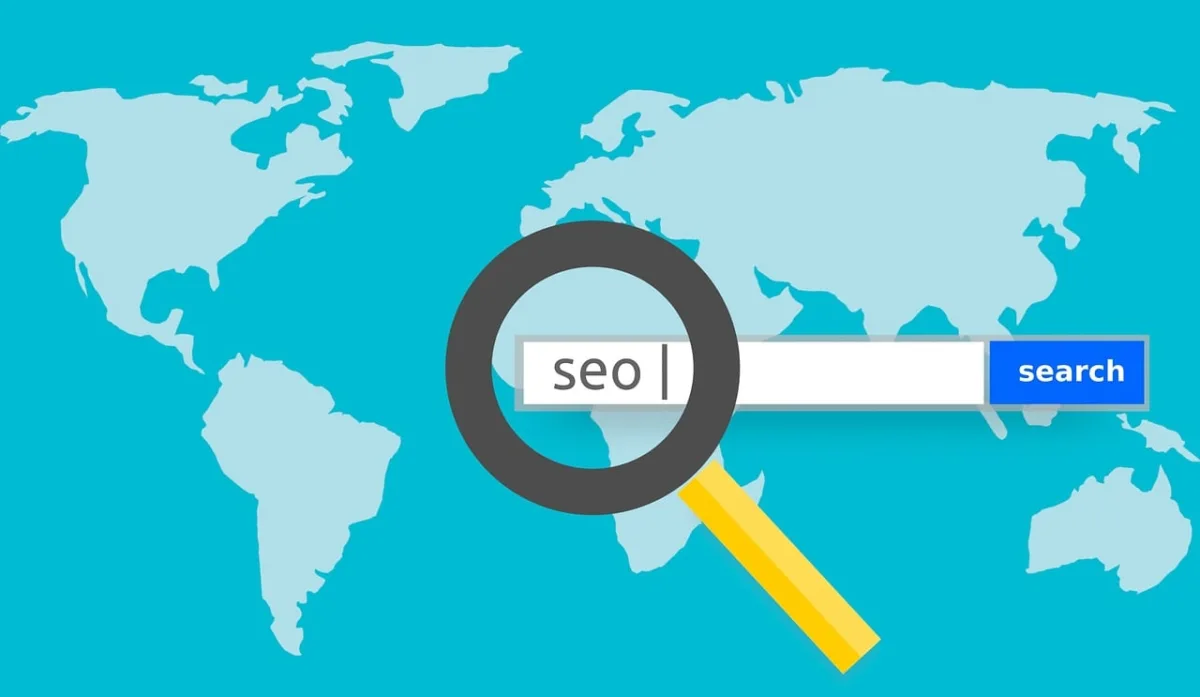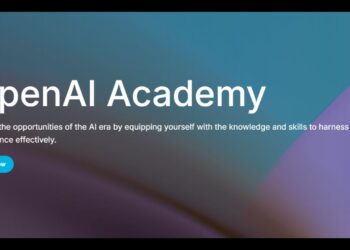In recent years, artificial intelligence (AI) has transformed various industries, and search engines are no exception. Among the AI-driven innovations, ChatGPT, developed by OpenAI, has garnered significant attention for its ability to generate human-like text and provide detailed, context-aware responses. This technological advancement raises a provocative question: What happens to search engine optimization (SEO) if ChatGPT—or similar AI models—replaces traditional search engines?
The rules of the SEO game are about to change from traditional methods to AI driven and in this blog explores the potential future of SEO in a world where AI like ChatGPT becomes the primary tool for information retrieval. We’ll delve into how this shift could impact content creation, website optimization, user engagement, and digital marketing strategies.

The Evolution of Search Engines and SEO
A Brief History of Search Engines
Search engines have come a long way since their inception in the early 1990s. From the rudimentary Archie to the sophisticated algorithms of Google, search engines have continuously evolved to provide users with more accurate and relevant results. The primary goal has always been to understand user intent and deliver the best possible answers to their queries.
The Rise of SEO
As search engines evolved, so did the techniques to optimize content for better visibility—giving birth to the field of SEO. Initially, SEO focused on keyword stuffing and backlinks. Over time, it has grown more complex, emphasizing quality content, user experience, mobile optimization, and semantic search. The objective remains the same: to improve a website’s visibility on search engine result pages (SERPs).
Google Search
Google search dominated the world for two decades, SEO experts focused on optimizing the content specifically for Google Search ranking whereas Microsoft Bing always stayed two steps behind in search engine results pages (SERPs). The Google Core update in October 2023 and March 2024 killed nearly 90 percent of small blogs and independent sites organic traffic Although the sites were optimized, user experience was good and the impact on Google search has dropped nearly 3 billion searches in last two months.
Enter ChatGPT: A New Paradigm
What is ChatGPT?
ChatGPT is an advanced AI language model designed to generate text based on the input it receives. Unlike traditional search engines that return a list of links, ChatGPT can provide comprehensive answers, explanations, and even engage in meaningful conversations. It uses a vast amount of data and sophisticated algorithms to understand context and generate responses that closely mimic human communication.
ChatGPT vs. Traditional Search Engines
Traditional search engines index billions of web pages and use algorithms to rank them based on relevance and authority. Users input queries and receive a list of links to web pages that might contain the information they seek. ChatGPT, on the other hand, processes queries and directly provides detailed answers or explanations without needing users to click through multiple links.
The Potential Impact on SEO
Shift in Search Behavior
If ChatGPT were to replace traditional search engines, the most significant change would be in user behavior. Instead of sifting through a list of search results, users would receive direct answers. This shift would reduce the importance of ranking on the first page of search results and increase the emphasis on being part of the data that AI models use to generate responses.
Content Optimization for AI
In a world dominated by AI-driven search, the focus of SEO would shift from optimizing for search engines to optimizing for AI. Content creators would need to ensure that their content is easily understandable by AI models. This might involve:
- Structured Data: Using schema markup to help AI understand the context and relevance of content.
- Natural Language Processing (NLP): Creating content that aligns with how AI models process and understand language.
- Content Quality: Ensuring content is comprehensive, accurate, and up-to-date to be considered reliable by AI models.
Keyword Strategy Evolution
Keywords have always been a cornerstone of SEO. However, with AI models like ChatGPT, the focus might shift from short-tail keywords to more natural, conversational phrases. This change would necessitate a deeper understanding of user intent and the nuances of language.
Changes in User Engagement and Experience
Personalized Interactions
One of the advantages of AI like ChatGPT is its ability to personalize interactions based on user input. Websites and digital platforms would need to integrate similar AI capabilities to enhance user experience. This could involve chatbots for customer support, personalized content recommendations, and interactive user interfaces.
Content Accessibility
With AI providing direct answers, content accessibility would become even more critical. Ensuring that content is accessible to people with disabilities, optimized for different devices, and available in multiple languages would be essential for reaching a broader audience.
The Role of Backlinks and Authority
Backlinks in an AI-Driven World
Backlinks have been a critical factor in traditional SEO, signaling a website’s authority and relevance. In an AI-driven world, the importance of backlinks might diminish as AI models rely more on the quality and relevance of content rather than the number of inbound links. However, backlinks could still play a role in helping AI determine the credibility of a source.
Building Authority
Establishing authority would remain crucial, but the methods might change. Instead of focusing solely on backlinks, content creators would need to demonstrate expertise, authoritativeness, and trustworthiness (E-A-T) through high-quality, reliable content. Engaging with users on social media, participating in relevant online communities, and contributing to reputable platforms could also help build authority.
The Future of Digital Marketing
Adapting Marketing Strategies
Digital marketing strategies would need to evolve to keep pace with the changes brought by AI. This could involve:
- AI-Driven Analytics: Using AI tools to gain insights into user behavior, preferences, and trends to inform marketing strategies.
- Content Personalization: Leveraging AI to deliver personalized content and offers to users based on their interactions and preferences.
- Interactive Campaigns: Creating interactive marketing campaigns that engage users in meaningful conversations through AI-powered tools.
New Metrics for Success
Traditional SEO metrics like organic traffic, bounce rate, and SERP rankings might become less relevant. Instead, new metrics such as user engagement, interaction quality, and AI-driven analytics would gain prominence. Marketers would need to develop new ways to measure the success of their campaigns in an AI-dominated landscape.
Ethical Considerations and Challenges
Bias and Fairness
AI models like ChatGPT are trained on vast amounts of data, which can sometimes include biased or misleading information. Ensuring fairness and accuracy in AI-generated content is a significant challenge. Content creators and developers would need to implement measures to detect and mitigate biases in AI responses.
Privacy Concerns
With AI models handling a vast amount of user data, privacy concerns become paramount. Users might be wary of how their data is used and stored. Transparent data practices and robust security measures would be essential to maintain user trust.
Job Displacement
The rise of AI in content creation and digital marketing could lead to job displacement in certain roles. However, it could also create new opportunities in AI development, data analysis, and ethical oversight. Preparing the workforce for these changes through education and training would be crucial.
Preparing for the AI-Driven Future
Embracing AI Tools
To thrive in an AI-driven future, businesses and content creators need to embrace AI tools and technologies. This might involve integrating AI into content management systems, using AI-driven analytics for decision-making, and exploring new AI applications in marketing and customer engagement.
Continuous Learning and Adaptation
The rapid pace of AI development means that continuous learning and adaptation are essential. Staying updated with the latest AI advancements, understanding their implications, and being agile in implementing changes will be key to staying competitive.




















